Classroom culture differences create challenges for international students
Many international students experience culture shock in varying ways when they come to the United States for college.
Gabriela Aponte Sosa, a junior in hospitality management and vice president of the International Student Council (ISC), experienced a shift in curriculum and classroom culture as she went from academic and merit-based work to focus on networking and the experience environment.
International students at Iowa State overcome language barriers, cultural nuances and difficulty adapting to a new way of living.
The 2022 freshman class is the most diverse in Iowa State’s history, according to the Office of the Registrar at Iowa State, and a total of 2,351 international students enrolled in spring 2023, comprising 8.4% of the total enrollment. In comparison, international students pay an estimated $44,264 in attendance whereas residential students pay $23,472.
Aponte Sosa said she struggled with the geographical, educational and cultural transitions along with many other international students. She said it is typically difficult to find a group of people at Iowa State who are going through the same experience. Aponte Sosa said the U.S. has a significantly different schooling system that took some getting used to.
“Going through that transition of being so academically and merit-based, to being in more of a networking environment and experience environment to see what you can do to build up your experience rather than just going to class [was different],” Aponte Sosa said.
Aponte Sosa said at Iowa State, education is more about students’ learning and accomplishments as individuals and how much effort they put into their schooling versus the success of the community as a whole. She said the mindset and cultural shift was a difficult transition from Bogota, Colombia.
“I come from a very collectivist culture, so back home is more about what you do as a group and how your group sees you and what you can do to benefit those around you,” Aponte Sosa said. “Meanwhile, here, the focus is a little bit more on yourself as what can you do to enhance your own experience, and the priority is your own future.”
Aponte Sosa suggests resources like the Cultural Ambassador Program for international students struggling with geographical, educational and cultural transitions.
As vice president of the ISC, Aponte Sosa said the council works to improve communication, cooperation and celebration of international students at Iowa State. She said they aim to educate and raise awareness for humanitarian issues and organize events highlighting cultures and ways of life from different international communities.
“We’re coming here to live alone; we’re starting a new experience; we’ve never been to college; we have to take care of ourselves for the first time,” Aponte Sosa said. “This is the place where you can find people who have similar niche interests, and knowing that we’re all in the same boat has helped a lot.”
Aponte Sosa pointed out the significant cultural shift coming to the U.S. and adapting to different customs and greetings.
“We say ‘hi’ to our friends with a kiss and hug, and here people do not do that, and I still get really weird reactions whenever I hug someone because it happens, and I still forget, so I’ll get excited and hug someone and they’ll get weirded out,” Aponte Sosa said.
Aponte Sosa said one thing she thought would have been helpful when she first came to Iowa State is a resource to help with homesickness and the emotional toll that moving to a new country takes on an international student.
“I feel like it’s one of the hardest things, especially when it comes to classes. Once you’re struggling with homesickness, it can be really hard to focus on your academics,” Aponte Sosa said. “A lot of times students have friends and their professors who are from [the U.S.] or are native to Iowa, and they don’t really understand.”
Aponte Sosa said she would like to know what the university is particularly doing to make international students feel welcome and safe. She said the university should ensure that international students are provided assurance and comfort that Iowa State will give them the opportunity to succeed professionally.
“I want to know that I’m not just going to be paying thousands of dollars to come here and be told no or have closed doors, and I want to know why Iowa State is the right choice for me,” Aponte Sosa said.
Ronnit Nandu, a freshman in chemical engineering, said the culture and educational environments in Ames differ significantly from his experience at home in Mumbai, India.
Nandu said the curriculum and classroom culture were the most significant differences compared to home.
“The curriculum is much more arduous and material-based,” Nandu said. “There is a lot of video and preparation before we get to practicals, which is not very extensive.”
Nandu said another difference is the lack of interaction with books and paper materials, and while it is often better to be instructed online, he often prefers how he was taught in his home country.
Nandu said he attended an informational orientation session about Iowa State before making the decision to enroll. He said because he was not able to visit, the session allowed for a more personalized experience.
“Being an international student, I don’t have the privilege to visit colleges in person, and it suddenly got me interested in Iowa State by seeing the campus, the facilities [and] the research that’s going on,” Nandu said.
Nandu said he felt welcomed at Iowa State and in the engineering program. He said engineering at Iowa State was not often spoken of at home, but it surprised him and met his educational standards.
“The biggest challenges I face right now is that I am a vegetarian and the weather,” Nandu said. “In India, I am from Mumbai. It is a very humid and hot place, so coming to a place with negative temperatures in winter was a big, big challenge.”
Nandu said another struggle has been away from his family, and regardless of the extensive preparation he did before coming to the U.S., being away from home has been a challenge.
“Once you’re here for two or three months and you realize the challenges as you go on your journey, the biggest ones are food and family,” Nandu said.
Nandu said the Indian Student Association and International Students and Scholars Office (ISSO) have been helpful in making his transition to Iowa State easier.
“The various events that have been integrated as resources here for the transition have been helpful, and it does not make you feel left out or alone,” Nandu said.
Elaine Tan, an international student advisor at the ISSO, said one of the main challenges she sees international students struggling with is the adaptation to classroom culture at ISU.
The International First Year Experience Seminar (IFYE) is a course that helps students with personal development and focuses on the transition into American culture.
“I think a lot of times what students would say [is difficult] is the classroom culture, and that is why we have our IFYE international orientation course that would help out with that,” Tan said.
Jenna Haffner, the international student engagement coordinator at the ISSO, said classroom cultural shifts are among the main challenges and adjustments for international students.
“One of the goals of our international first-year experience course is to help them with that transition to a different classroom culture to a place with, you know, different laws and customs, to a place where the professors might be expecting something different than professors in their home country,” Haffner said.
Haffner said the course brings in speakers and students from Ames to help with the shift.
“Resources are available for these students coming to a brand new country and a new college in general, and when it comes to kind of that feeling of belonging or homesickness, that’s what a lot of our programs are for,” Haffner said.
Tan said taking the step to come to another country and the university takes a lot of courage.
“ISSO does have a team of one person with a grad assistant that helps with orientation and pre-arrival even before [students] come so that they don’t feel like they’re just flown into Ames and then like, ‘What am I going to do?’” Tan said.
Tan said before students arrive, they have been prepared with information about their Iowa State experience. She said the ISSO does what it can to help with comfort and prepare students for their experience.
Tan said providing a sense of community and togetherness is important to give international students a sense of belonging when they come to Iowa State. She said the ISSO offers community meals during Thanksgiving and spring break for international students.
“At least they have that social support, you know. They’re not alone, and I think that really helps,” Tan said. “They have nowhere to go, or they’re just stuck here because [in] one week, you cannot just travel […]outside of the country and come back, so for those that cannot travel, we do have the community meal.”
Haffner said among identity and language clubs and student organizations, the ISC is a good place for international students to get to know and promote the international student experience across campus.
“The National Student Council [is] also a great club to be a part of just because you get to do a lot of work on campus and help promote international student voices in a meaningful way,” Haffner said.
Your donation will support the student journalists of the Iowa State Daily. Your contribution will allow us to purchase equipment, send our student journalists to conferences and off-set their cost of living so they can continue to do best-in-the-nation work at the Iowa State Daily.



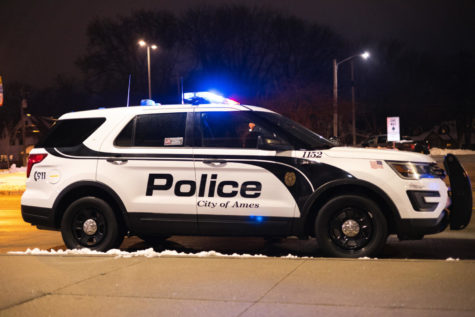
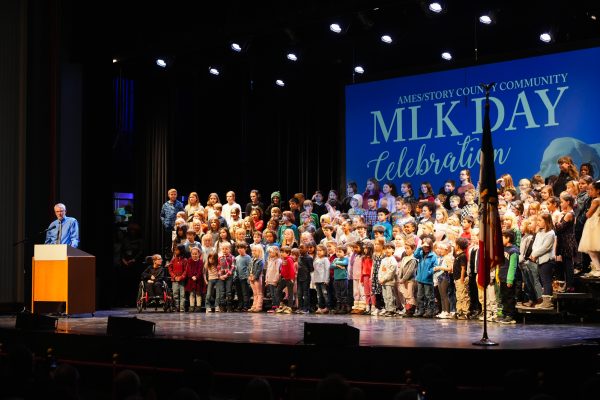

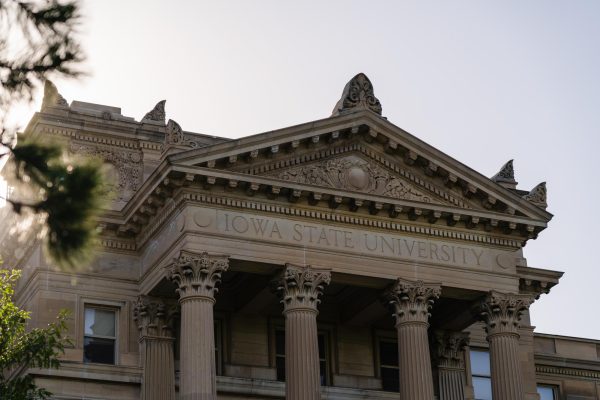
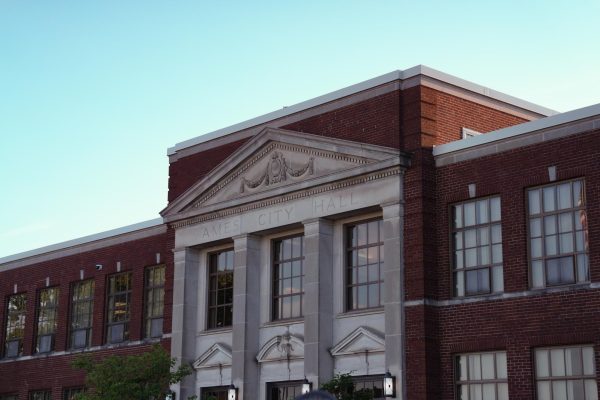

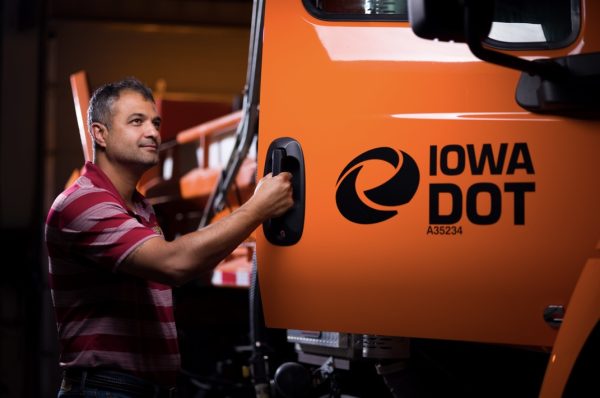
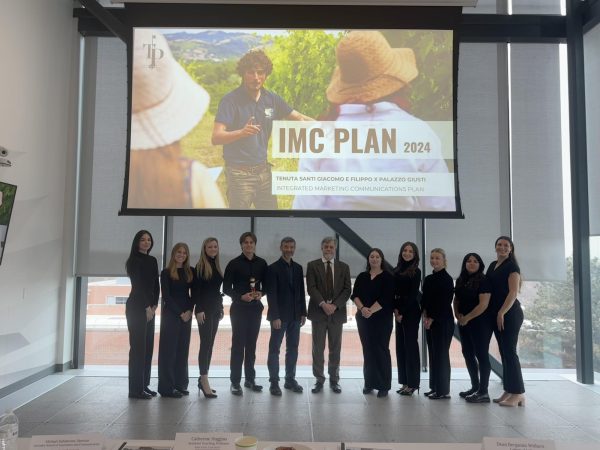
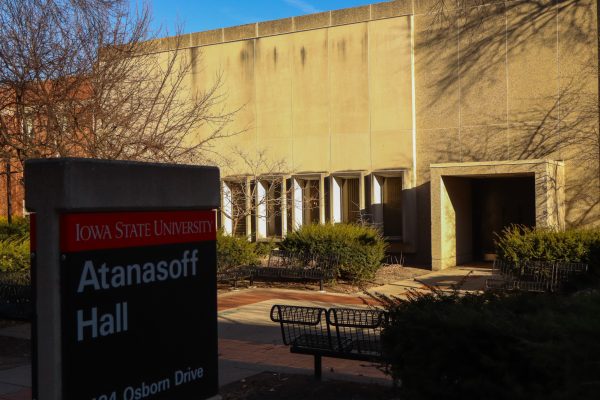
Jeanne Rogert | Mar 28, 2023 at 4:27 pm
Great article and we as a community should be willing to step up in any way we can.